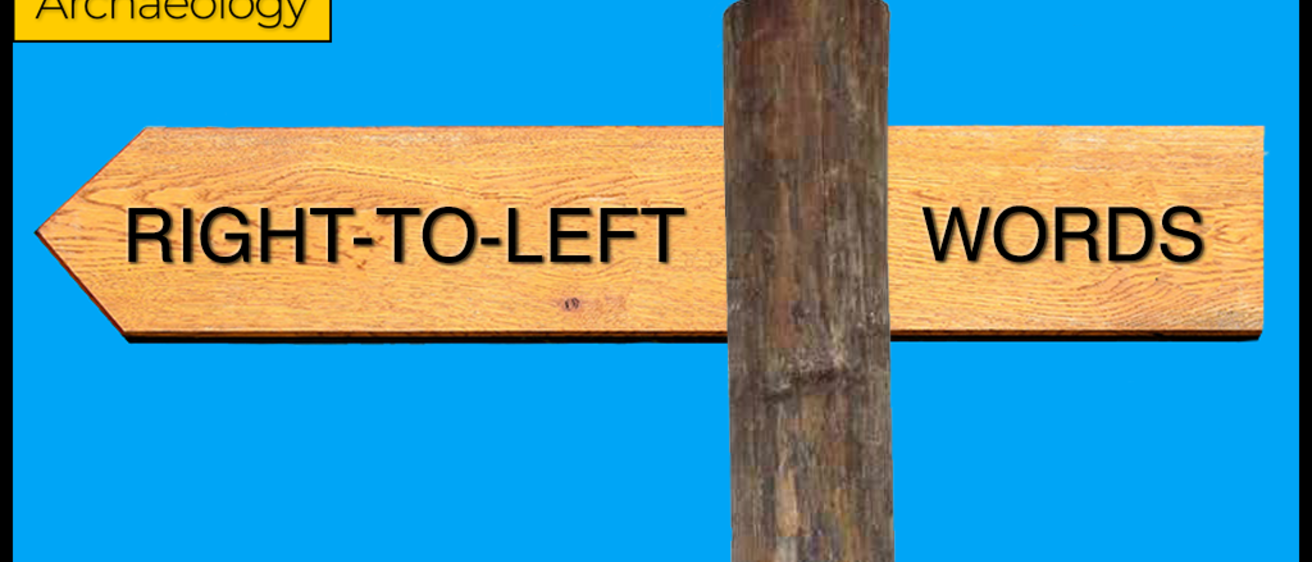The Hebrew noun גן (gan) means "garden." The word גן (gan) is first used in Genesis for the garden of Eden in Genesis 2:8: "And the LORD God planted a garden (גן) in Eden." The prophet Jeremiah harkens back to the image of a lush and peaceful garden to describe the future restoration of Israel, as seen in Jeremiah 31:12: "They shall come and sing aloud on the height of Zion, and they shall be radiant over the goodness of the LORD, over the grain, the wine, and the oil, and over the young of the flock and the herd; their life shall become like a watered garden (כגן), and they shall never languish again." Another type of garden described in the Hebrew Bible is the royal garden, a symbol of luxury and power. The story of King Ahab's desire for the vineyard of Naboth in 1 Kings 21:2 is an example of the royal desire for gardens: "And Ahab said to Naboth, "Give me your vineyard, so that I may have it for a vegetable garden (לגן), because it is near my house; I will give you a better vineyard for it; or, if it seems good to you, I will give you its value in money." While 2 Kings 21:18 shows the desire of some to be associated with their garden even after death as when Manasseh dies, he is "buried in the garden (בגן) of his house, in the garden of Uzza" as is his son Amon after him.
Thursday, April 21, 2022
